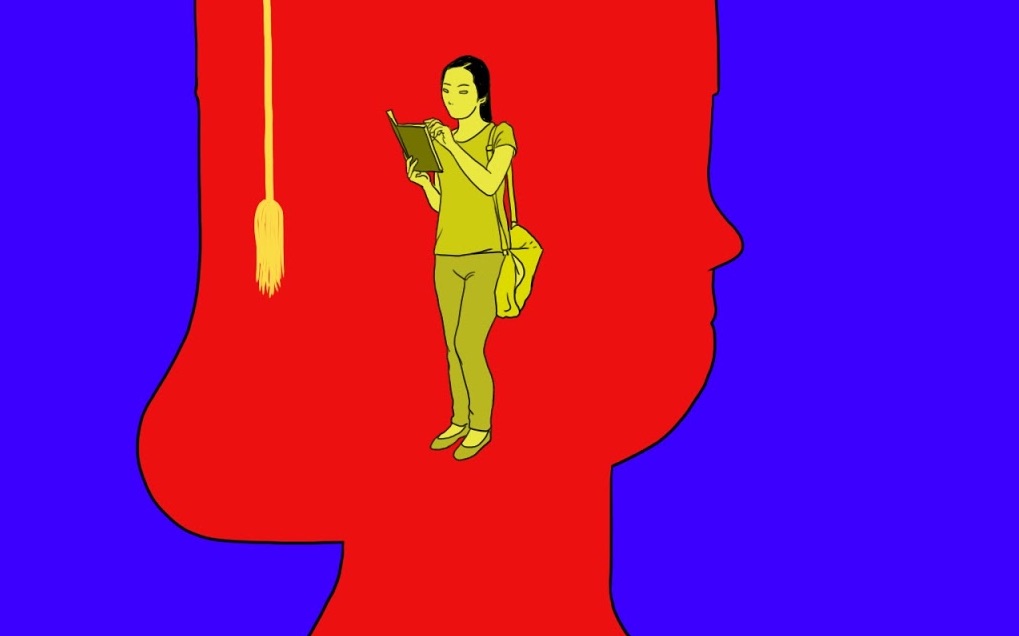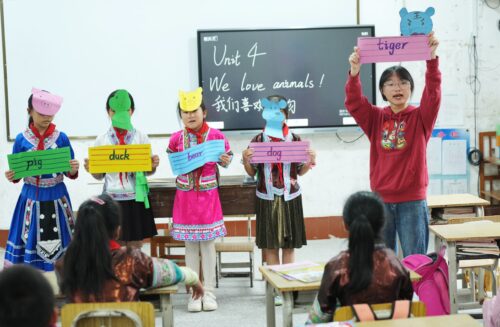U.S. relaxes COVID travel curbs and lets Chinese students back in
Chinese students are allowed to return to classes in the U.S. — but do they want to?

The U.S. State Department has announced the removal of travel restrictions on citizens of various countries. Chinese international students are included and will be able to return to American campuses after a year of coronavirus-related limits. Students from South Africa, Iran, and Brazil are also included in the latest round of exemptions, following those for students from the U.K., Ireland, and Europe’s Schengen Area, which were announced last summer by the Trump administration.
Non-U.S. citizens traveling from China were first banned in January 2020, when the city of Wuhan was the epicenter of the coronavirus outbreak. Now students with valid F-1 and M-1 visas, whose academic programs begin on August 1, 2021, or later are able to qualify for a National Interest Exemption, and can arrive in the country no more than 30 days before the fall semester begins.
“This is a positive step by the United States,” Chinese Foreign Ministry spokesman and wolf warrior diplomat Zhào Lìjiān 赵立坚 said to reporters. Educational experts hope for further loosening of travel restrictions as vaccine rollouts continue in both China and the U.S.
Many students themselves are reportedly awaiting the end of “Zoom school” with eagerness. Remote learning has come at a cost for international students logging on from their home countries, facing burnout, fatigue, anxiety, and erratic sleep schedules.
Plummeting numbers of Chinese students
Chinese students are the largest group of non-Americans enrolled in U.S. colleges in recent years, representing over a third of all international students. In 2019, 372,000 Chinese students were studying at U.S. schools, according to the International Institute of Education.
During the fall of 2020, international students taking classes at American schools dropped by 16%, according to the latest Open Doors enrollment survey. New international student admissions plunged by 43%. The U.S. issued only 808 visas to Chinese students from April to September 2020, compared with 90,410 visas granted during the same time period in 2019. Chinese student enrollment at American colleges decreased for the first time in 16 years, amid rising tensions between Beijing and Washington, and lockdown measures forcing colleges to close dorms and conduct classes remotely.
The recent exemption does not help newly admitted students for the 2021–2022 school year, who have yet to obtain valid F-1 visas.
Former president Donald Trump and many prominent American politicians have not been shy about their concerns regarding Chinese students studying and working in the U.S.
In 2019, a Republican-backed bill introduced by Senator Tom Cotton proposed a ban on Chinese students from obtaining degrees in STEM. In June 2020, President Trump issued a proclamation barring entry for graduate Chinese students and researchers affiliated with universities linked to the Chinese military. In the fall of 2020, 15 Chinese visiting scholars were expelled by the University of North Texas.
Other measures, including curtailing the OPT (optional practical training) program for foreign students and the Department of Homeland Security barring international students from staying in the U.S. if they attend exclusively remote classes, faced widespread backlash (and even lawsuits from Harvard and MIT).
These harsher measures were dropped in the waning days of the Trump presidency. But a hostile climate for Chinese students persists in the United States despite a new presidential administration with a more welcome stance on international education. Just this week, an op-ed published in the nonpartisan political site The Hill cited Chinese STEM students as a threat to national security, echoing ongoing suspicion of Chinese academics.
Reports of increased anti-Asian harassment in the last year have also raised concerns among the global Chinese community. Videos of physical assaults that appear to be racially motivated and the mass shooting in Atlanta, where six of the eight victims were of Chinese and Korean descent, have made the rounds in international news.






